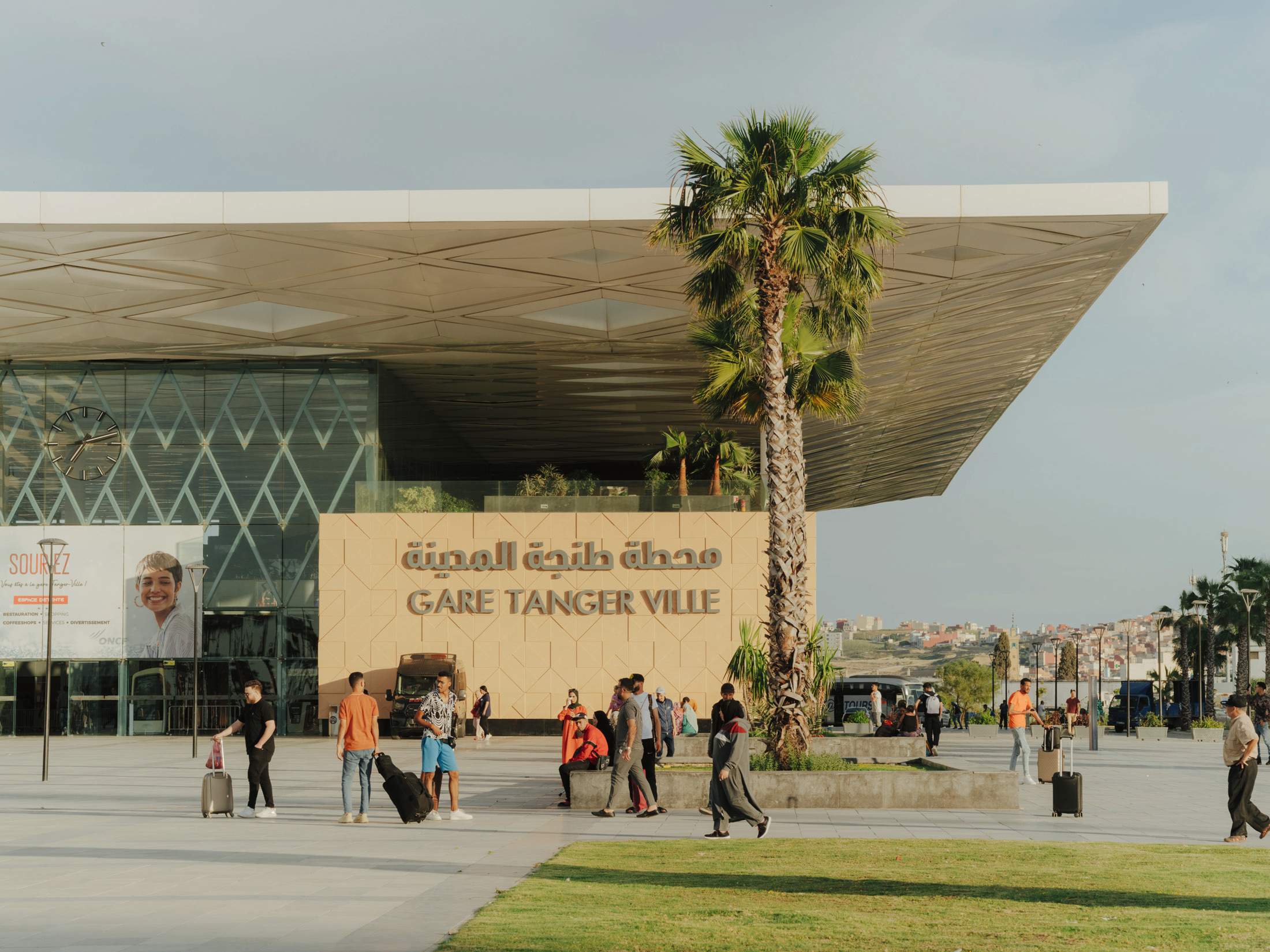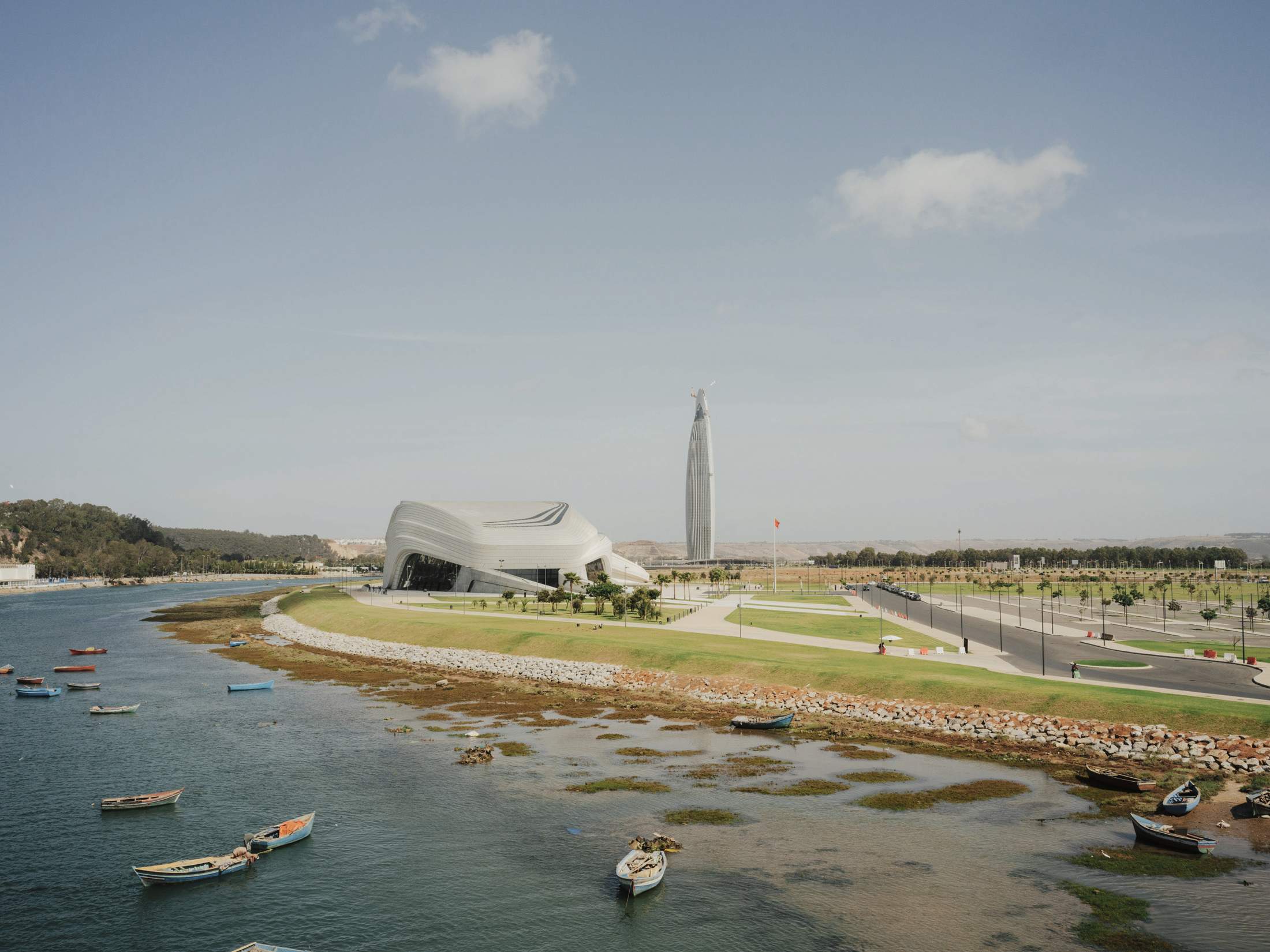Introduction / Morocco
Opening the door
With a young, skilled workforce, a focus on renewable energy and endless business opportunities, Morocco offers unique access to a number of huge markets. No wonder it is attracting interest from investors throughout the world.
Many of us have an idea of Morocco in our mind’s eye: sun-soaked riads, bustling medinas, palm trees blowing in the breeze. But while dazzling International Klein Blue walls and ancient traditions continue to beguile visitors, another story has been emerging: one of ingenuity, skilled manufacturing and cutting-edge technology.
In less than 20 years, the country has transformed its economy through strategic investment, industrial development and smart reforms. And Morocco is keen to highlight its identity as a hub for innovation and business. “Entrepreneurial opportunities abound because the kingdom is developing at an incredible pace,” says Mohcine Jazouli, minister to the head of government of Investment, Convergence and the Evaluation of Public Policies.
Morocco has long been open to international trade. It has been a member of the General Agreement on Tariffs and Trade since 1987 and part of the World Trade Organisation since 1995. But it was following the ascension of King Mohammed VI in 1999 that its emergence as a regional industrial player began to take shape. The implementation of successive investment plans over the following years allowed the country to develop export-oriented sectors such as automotive and pharmaceutical production. A concerted bet on green energy has seen Morocco establish itself as a leading low-carbon production hub: with access to vast solar and wind resources, it is now a partner for companies and countries seeking to transition to renewables.
Today nearly 40 per cent of Morocco’s electricity is generated by renewable sources. Jazouli expects that this will rise to more than 50 per cent by 2023. “What makes Morocco’s potential unique is not merely the presence of sun or wind,” he says. “But the combined effect of both.”
Morocco’s unique position makes it an appealing proposal. In an era of geopolitical shifts, it offers a competitive, low-carbon platform in a politically stable nation. What’s more, its location allows it to be a gateway between markets (goods can be shipped to Europe in less than 72 hours). The challenge, then, is how the country builds on the momentum that it has generated.
Ali Seddiki is CEO of The Moroccan Agency for Investment and Export Development (AMDIE), which facilitates investment in Morocco and exports from the country. He is at the forefront of the push. “A combination of factors positions Morocco as a destination of choice,” he says. “It offers privileged access to the world’s largest consumer markets, a well-trained and motivated workforce, and renewable energy that is among the world’s most competitive. Then there is our proximity and duty-free access to the European, American, African and Middle Eastern markets.”
The next stage is the announcement of a new investment charter, recently approved by the government, which features incentives and actions to further convince investors of Morocco’s attractive business climate, such as grants at regional and national levels. Part of AMDIE’s brief is to help define the procedures. This will coalesce to kick-start an exciting new chapter. For Morocco, it’s about building on the momentum it has enjoyed in recent years – accelerating investment, growth and opportunities while preserving the traditions and history for which it is known.

The new terminal for the Al-Boraq line at Tangier Ville railway station

The Grand Theatre of Rabat was one of Zaha Hadid’s last projects


